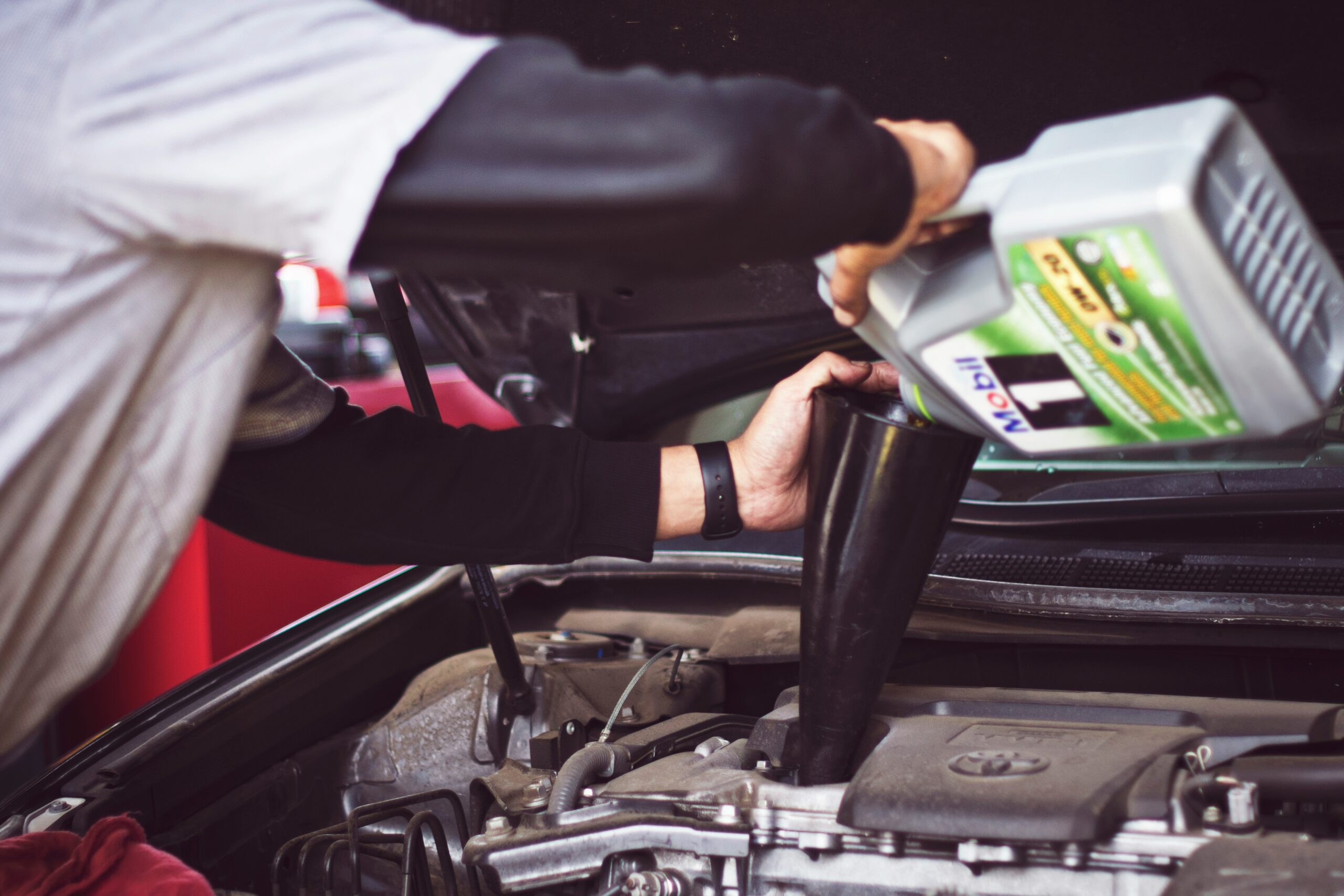As a new driver, it’s important to understand the basics of car maintenance to ensure that your vehicle remains in good condition and operates safely on the road. Regular maintenance not only extends the life of your car but also helps prevent costly repairs down the line. In this article, we will provide some essential car maintenance advice for new drivers.
1. Regularly Check Fluid Levels
One of the most important aspects of car maintenance is checking and maintaining the fluid levels in your vehicle. This includes engine oil, coolant, transmission fluid, brake fluid, and windshield washer fluid. Low fluid levels can lead to engine damage or other mechanical issues. Refer to your car’s manual to locate the dipsticks and reservoirs for each fluid and ensure they are at the recommended levels.
2. Monitor Tire Pressure
Proper tire pressure is crucial for both safety and fuel efficiency. Check your tire pressure at least once a month using a tire pressure gauge. Underinflated tires can negatively affect your car’s handling and increase the risk of a blowout, while overinflated tires can lead to uneven wear and reduced traction. The recommended tire pressure can be found in your car’s manual or on a sticker inside the driver’s side door jamb.
For more detailed information on car maintenance, you can refer to the following external links:
- Allstate Insurance’s Car Maintenance Tips
- Bridgestone’s Car Maintenance Checklist
- Reader’s Digest’s 74 Car Maintenance Tips Article
3. Regularly Change Oil and Filters
Oil lubricates the engine and helps keep it running smoothly. Regular oil changes are essential to prevent engine damage and maintain optimal performance. Refer to your car’s manual for the recommended oil change interval. Additionally, it’s important to replace the air filter and fuel filter according to the manufacturer’s guidelines to ensure proper airflow and fuel delivery.
4. Inspect and Replace Worn Out Belts and Hoses
Belts and hoses play a crucial role in your car’s operation. Inspect them regularly for any signs of wear, such as cracks or fraying. Replace them if necessary, as a broken belt or hose can cause engine overheating or loss of power steering.
5. Keep Your Battery in Good Condition
Inspect your car battery regularly for any signs of corrosion or loose connections. Clean the battery terminals if necessary. Extreme temperatures can affect battery performance, so it’s important to have it tested periodically, especially before the winter season.
6. Check and Replace Worn Out Wiper Blades
Clear visibility is crucial for safe driving, especially during rainy or snowy conditions. Inspect your wiper blades regularly and replace them if they show signs of deterioration or streaking. It’s recommended to replace wiper blades every six months to a year.
By following these basic car maintenance tips, you can ensure that your vehicle remains in good condition and operates safely on the road. Remember to consult your car’s manual for specific maintenance requirements and intervals.
For more detailed car maintenance advice, you can refer to the following external links:

